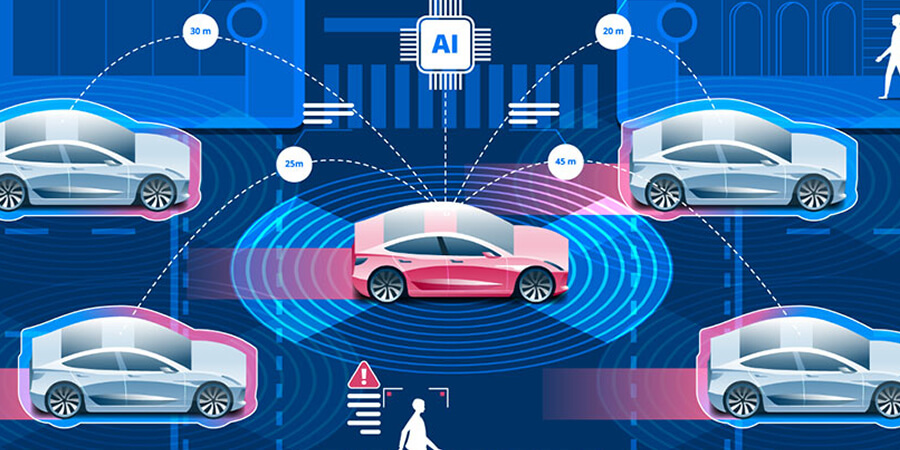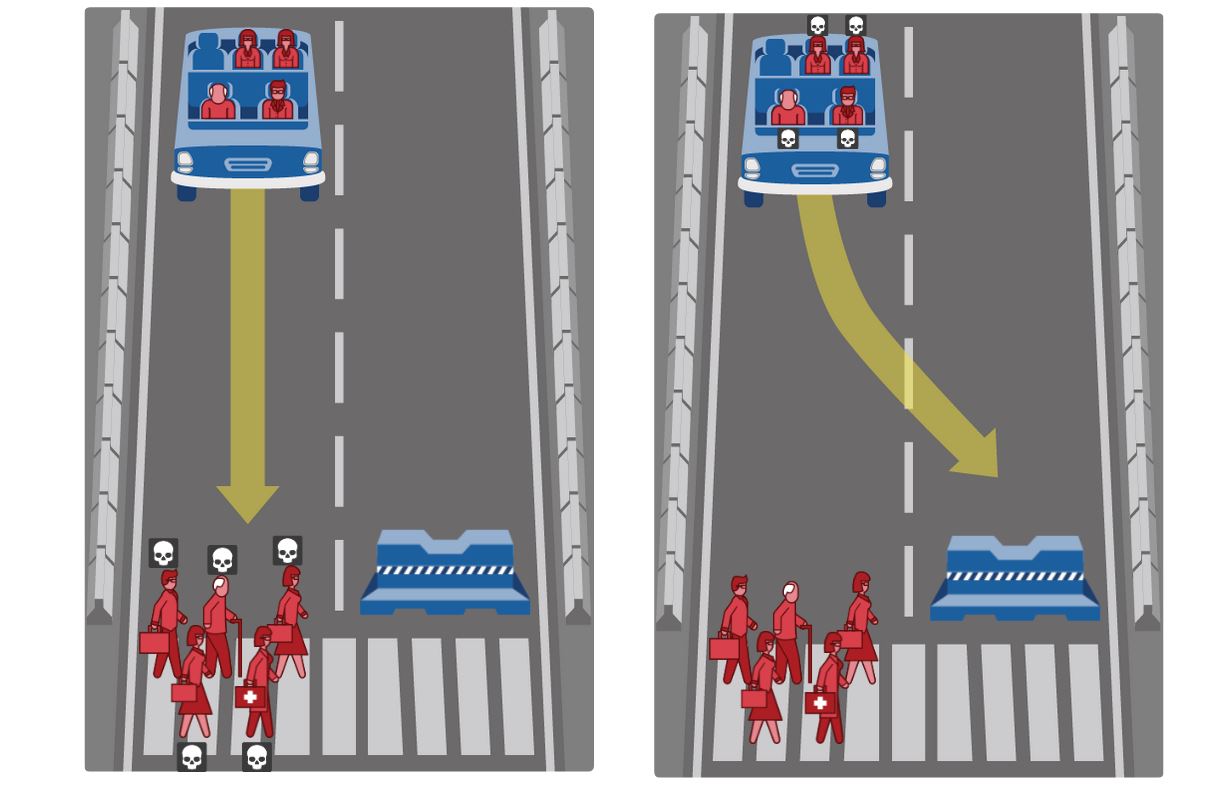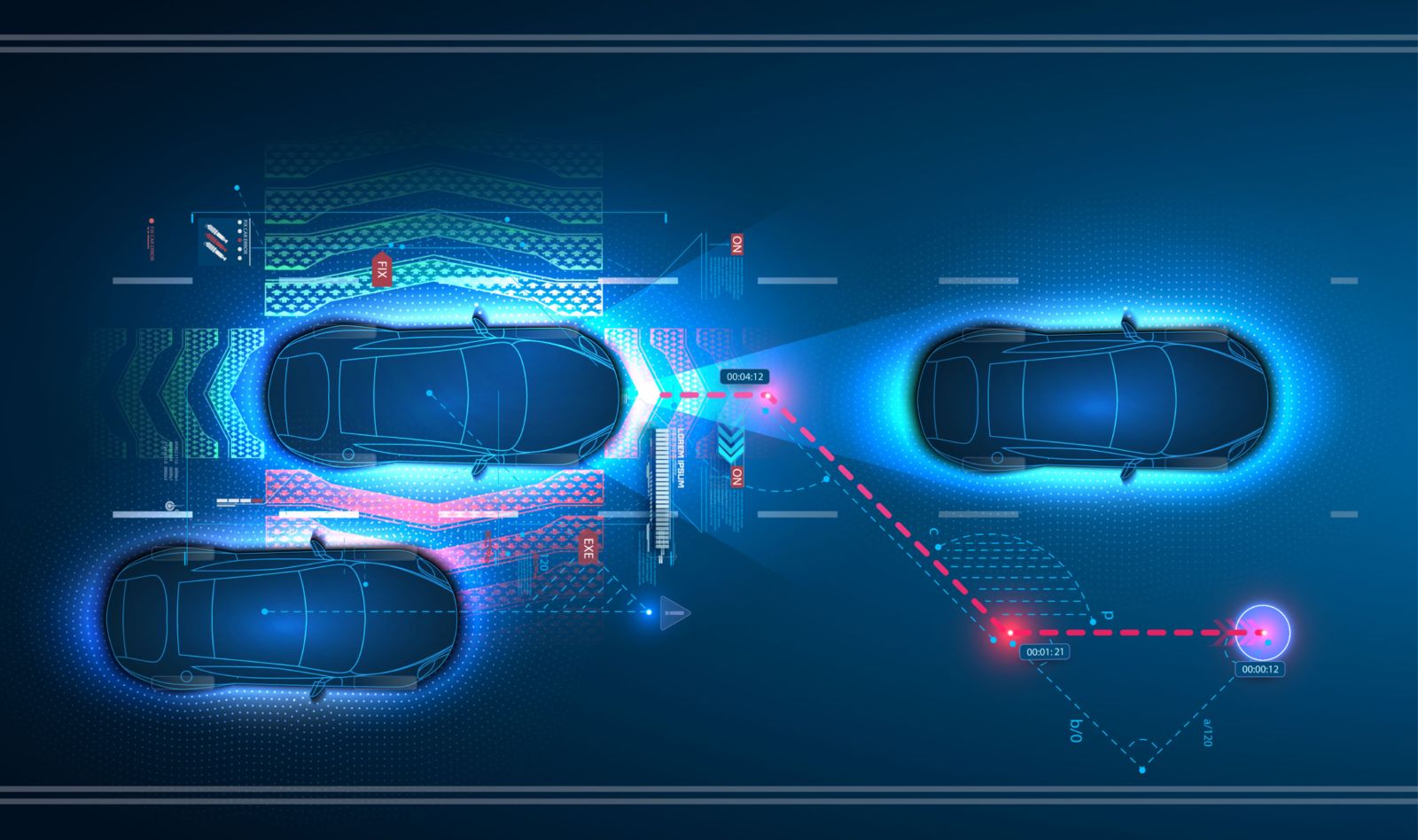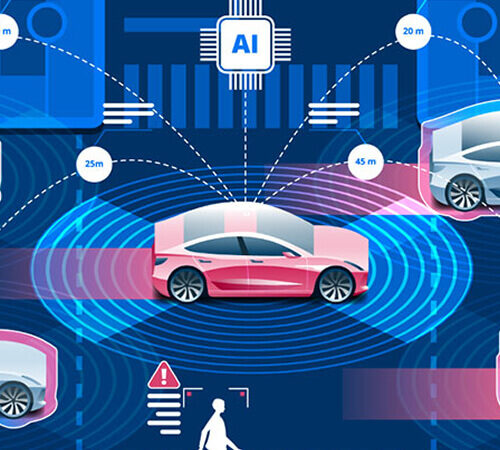 The advent of autonomous vehicles promises a revolution in transportation, but it also brings forth a host of ethical dilemmas that require careful consideration. As self-driving cars become a reality, questions about decision-making algorithms, accountability, and the potential consequences of their actions become central to discussions on the ethics of this emerging technology.
The advent of autonomous vehicles promises a revolution in transportation, but it also brings forth a host of ethical dilemmas that require careful consideration. As self-driving cars become a reality, questions about decision-making algorithms, accountability, and the potential consequences of their actions become central to discussions on the ethics of this emerging technology.
 Life-Threatening Situations
Life-Threatening Situations
One of the most pressing ethical challenges of autonomous vehicles involves decisions in life-threatening situations. When faced with a choice between two potentially fatal outcomes, such as hitting a pedestrian or swerving into another vehicle, the car’s algorithm must make a split-second decision.
This scenario raises questions about the programming of utilitarian principles versus prioritizing the safety of the vehicle’s occupants, exposing a moral dilemma that doesn’t have an easy answer.
 Algorithmic Bias
Algorithmic Bias
Autonomous vehicles rely on data and algorithms to navigate their surroundings. However, biases present in the data can result in discriminatory decision-making. For example, if an algorithm has been trained on data that is skewed toward certain demographics, it might lead to unfair decisions.
Accountability and Liability
In the event of accidents involving autonomous vehicles, determining accountability becomes complicated. Is the manufacturer, the programmer, or the vehicle owner responsible for the car’s actions? The absence of a human driver muddles the traditional framework of assigning liability.
Privacy Concerns
Autonomous vehicles generate vast amounts of data about their surroundings and occupants. The ethical handling of this data is crucial to protecting individuals’ privacy. How this data is collected, stored, and shared needs to align with privacy principles.
Transparency and Regulation
Transparency in the decision-making processes of autonomous vehicles is essential to ensure public trust. Ethical guidelines and regulations must be developed to address these concerns and hold manufacturers accountable for the programming and behavior of their vehicles.
Conclusion
The ethical dilemmas posed by autonomous vehicles are complex and multifaceted. As technology races forward, it’s imperative that we grapple with these challenges to ensure that the deployment of autonomous vehicles prioritizes human safety, fairness, accountability, and respect for individual rights.
